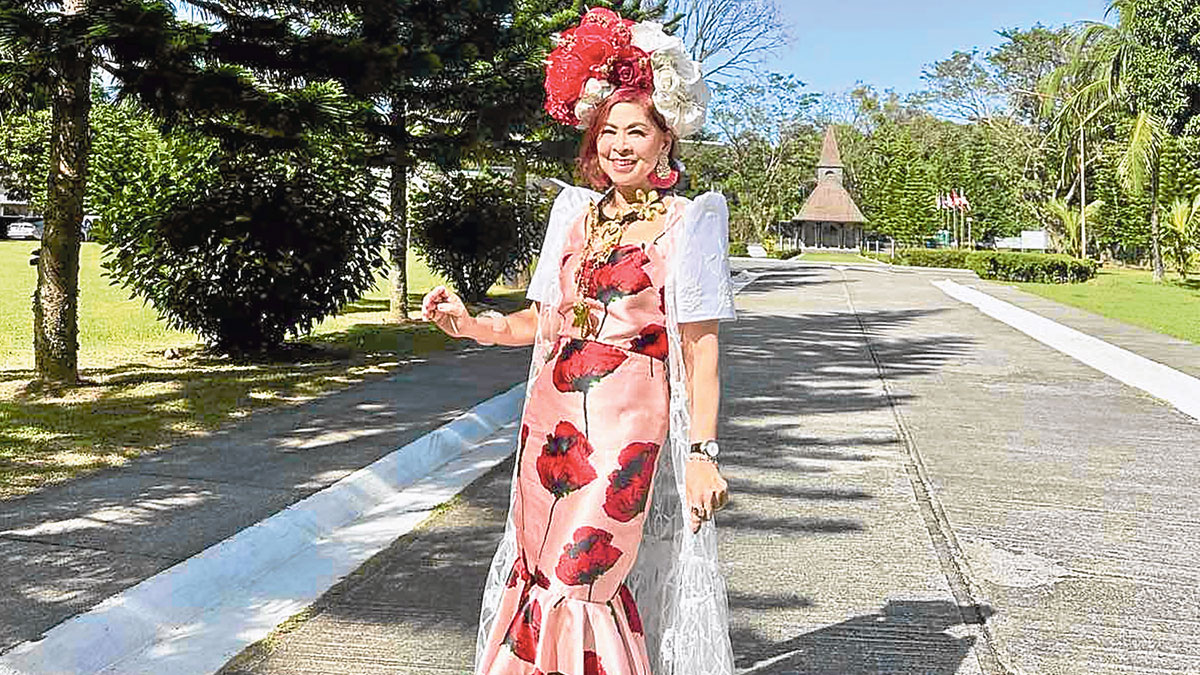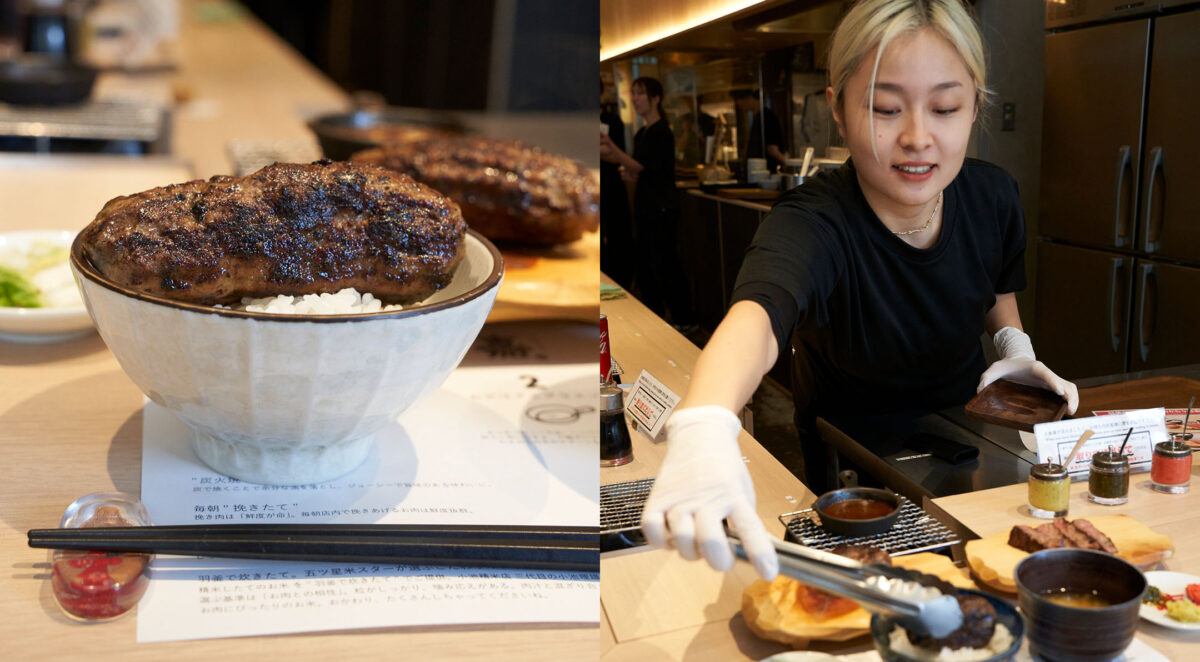When I was 23, I was promoted to assistant vice president in the company I worked for, then the largest ad agency in the country. Although I probably looked like a trainee, I had already been working for four years, having graduated at 19 from college. Most of the people in the division I headed were in their mid-20s to 40s, so I tried to look “older” and closer to their ages. I took to wearing glasses (which I didn’t need) and smoking a pipe (which probably looked incongruous).
One day I accompanied one of my account executives, who was in his late 30s, to meet his client, a middle-aged American executive. As soon as we entered his office, the client remarked to my companion, “I see you have a new assistant.” He then turned to me and asked, “What’s your name, son?”
That incident made me decide to stop trying to look older than I really was, and to just be comfortable looking my real age. That attitude, which I found very liberating, has stayed with me to this day, when the natural temptation for an aging senior is the exact opposite—to try to look younger than one’s age. The only exception for me was when my eldest daughter, who owned a hair salon, convinced me, in my early 60s, to start dyeing my hair.
People approach the aging process with widely differing mindsets and attitudes, and this is normal because of the different paths we have taken earlier in our lives. Although we constantly see others growing old, especially our parents and grandparents, aging is largely uncharted territory until we experience it for ourselves.
Ageism
Some people choose to deny aging for as long as they can. I have lady acquaintances who get very uncomfortable when asked, even indirectly, how old they are, e.g. when they are asked what year they graduated from high school or college. Some avoid presenting their senior cards in business establishments, choosing to forego the substantial discounts to which they are entitled.
One friend even told me that she normally refused to divulge her age because she did not want to be a victim of “ageism,” the term for prejudice and discrimination on the grounds of a person’s age. Ageism is actually a serious social problem globally because it stereotypes older persons and puts them at a great disadvantage in society, not to mention the psychological stress it causes its victims.
Other persons choose to defy and delay their aging, embarking on the unending search for alternatives to the mythical fountain of youth. This comes in the form of a slew of products and procedures designed to keep at bay the many physical manifestations of aging. But eventually time takes its inevitable toll, and this is when our attitude toward aging makes its presence felt.
In an article in Psychology Today, Dr. Douglas LaBier cites recent research which indicates that a person’s attitude about aging has a noticeable impact on his overall health—mental, physical and cognitive ability. For example, one of the most significant findings was that older adults with negative attitudes toward aging had slower walking speed and worse cognitive abilities two years later, compared to others with more positive attitudes.
Think positive
One striking manifestation of a positive attitude I constantly see among my aging friends is their ability to enjoy thoroughly the present moment, minimizing anxiety and worry about the future. One of them, who is in his late 80s, has a perpetual grin on his face and a ready witty remark for everyone he comes across.
He still plays golf regularly, and when I asked him recently about his game, he replied, “Being out there and still being able to hit the ball is already enough to make me happy.” With his unsinkable attitude, I expect him to be around for many more years to come.
But I also have friends like him in my other close-knit senior groups, and whenever we get together, our easy fellowship and unabashed enjoyment of meandering conversations, spiced with sprinklings of both witty and juvenile jokes, help keep our physically aging hearts emotionally young.
Dr. Susan Avery Stewart says it best in “The Gift of Aging: Growing Old Doesn’t Mean Losing Young”: “While old and young appear to be opposites, they actually coexist. With age, we become men and women of all seasons, at home in each, imprisoned by none.”
How to stay positive
As we get older, our attitude toward aging is influenced not only by our own perceptions but by how others interact with us. Here are six ways to stay positive (I chose from seven) suggested by Dr. Susan Whitbourne in “Fulfillment at Any Age” in Psychology Today (summarizing proposals by Craig Fowler and colleagues) which I have further condensed:
Express optimism about the aging process. There is solid evidence that an optimistic attitude can actually contribute to living longer.
Avoid the tendency to self-categorize yourself as old, or to attribute your behavior to old age. Shun the infamous phrase “senior moment” to explain lapses.
Don’t categorize or tease others about their age. Although intended to be humorous, this can reinforce negative stereotypes for both yourself and the recipient.
Plan for your future care needs. Proactive coping prepares you for the inevitable needs of growing older.
Use emerging communication technologies. Don’t be a technological dinosaur in the digital age; learn and embrace the benefits of innovation.
Manage being the recipient of ageism. Prejudicial and discriminating comments against old people does not define you. —CONTRIBUTED
“The great thing about getting older is that you don’t lose all the other ages you’ve been.”
—Madeleine L’Engle, author













































